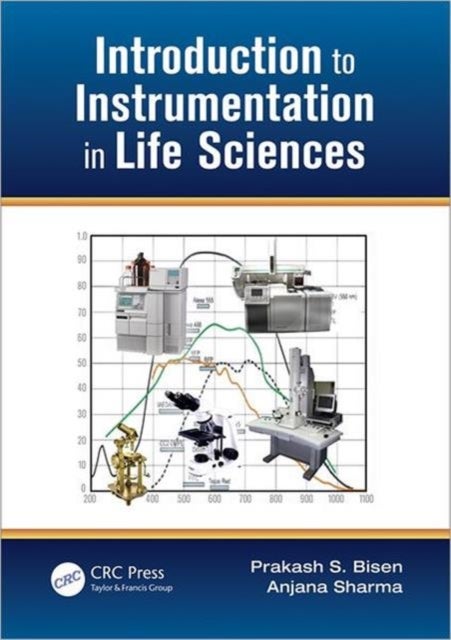
Introduction to Instrumentation in Life Sciences av Prakash Singh Bisen
1099,-
<P>Instrumentation is central to the study of physiology and genetics in living organisms, especially at the molecular level. Numerous techniques have been developed to address this in various biological disciplines, creating a need to understand the physical principles involved in the operation of research instruments and the parameters required in using them. <STRONG>Introduction to Instrumentation in Life Sciences</STRONG> fills this need by addressing different aspects of tools that hold the keys to cutting-edge research and innovative applications, from basic techniques to advanced instrumentation. The text describes all topics so even beginners can easily understand the theoretical and practical aspects.<BR><BR>Comprehensive chapters encompass well-defined methodology that describes the instruments and their corresponding applications in different scientific fields. The book covers optical and electron microscopy; micrometry, especially in microbial taxonomy; pH meters and oxygen








